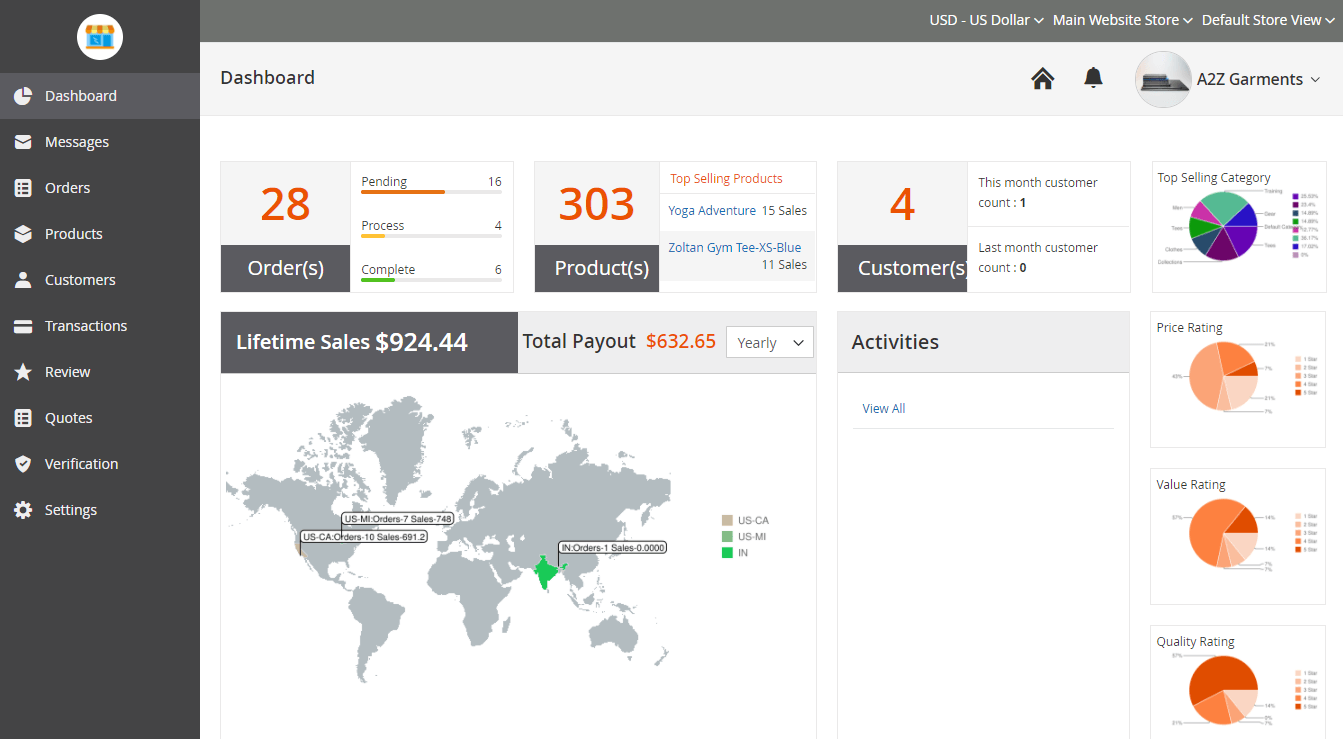Securing your dream job can be tricky in any sector but the tech industry is notoriously competitive. Despite its growing importance in society, you’ll still need to take a strategic approach if you want to land a top tech job. With this in mind, take a look at these seven ways you can enhance your employability and succeed in the tech industry:
1. Gain Experience
Any employer will want to know what experience you’ve got before they agree to hire you (or even before they’ll grant you an interview). Fortunately, you can gain experience in a variety of ways, so don’t panic if you’re still in the early stages of your career. Not all of your experience needs to come via employment, so make the effort to undertake voluntarily projects that help to develop your skills.
Many non-profit organisations need volunteers who can help with IT support or futureproofing their business, which can be a great way to gain experience while supporting a worthy cause. Additionally, getting involved with open-source projects can advance your skills. Be sure to create your own portfolio, so that you’ll have documented evidence of the experience you’ve gained.
2. Get Qualified
Obtaining a bachelor’s degree can make you eligible for graduate schemes with IT firms, so this can certainly be a good way to enhance your employability. However, many people currently starting out will also have bachelor’s qualifications, which is why an advanced degree can help you to stand out.
If you’ve been working for some time and want to take a step up into a leadership role, studying an online Doctor of Business Administration program at Aston University could be exactly what you’re looking for. Combined with your tech knowledge and experience, a DBA gives you the expertise and credentials you need to lead a department or business. What’s more – studying online, on a part-time basis, gives you the flexibility to continue working while you’re obtaining your qualification.
3. Specialise in a Niche Area
The tech sector is a vast industry, and few professionals work across all areas. A web designer might have limited knowledge about network architecture, for example, while a mobile app developer may lack the skills to work as a security analyst.
Choosing to specialise in a particular area or niche will allow you to focus your skills and development in a particular sub-sector. The in-depth knowledge you’ll have will make you an attractive candidate for relevant employers, which should make it easier for you to land your dream job.
4. Futureproof Your Career
When you’re thinking about which area to specialise in, be sure to consider what the future holds. All industries evolve over time, but the tech sector changes rapidly. As new innovations emerge, older tech becomes obsolete. If you want to ensure you can enjoy a long and varied career, choose a specialism that is likely to grow over time.
We’re beginning to see the impact that artificial intelligence (AI), machine learning, and automation has on the real world, for example, and it’s evident that these innovations will become ingrained into our day-to-day lives. For savvy jobseekers, understanding the future of your sector will give you the flexibility to evolve with the industry and maintain your employability.
5. Be Commercially Aware
You may have extensive tech knowledge, but do you understand the value it brings to consumers or clients? Being commercially aware essentially means that you know how businesses operate and how they maximise their profitability. Incorporating your role into a company’s operations and determining what value you bring in terms of resources and fiscal gain makes you highly employable.
When you can put your job role into the context of the organisation’s goals and highlight how you’re going to help your employer to achieve their objectives, you become an asset that few employers will want to pass up.
6. Connect with Recruiters
When you’re looking for a new role, scouring the job ads and making applications is one way to go about securing a position. However, many companies rely on recruiters and head-hunters to find the top talent on their behalf. Although you’ll see plenty of job adverts placed by recruitment firms, they’ll often contact particular candidates in advance.
By networking with recruiters and staying in touch with tech head-hunters, you can ensure you’re at the top of the list when new roles become available. This can help you to secure interviews and land top jobs, without the need to actively look for a new role.
7. Build Your Profile
In the same way that businesses create a brand to connect with their target audience, you need to create your own personal brand to engage with future employers and industry peers. Once you’ve established the values and skills you want to be known for, you can get to work building your profile and raising awareness of your brand.
Getting your name out there needn’t be as difficult as think. Authoring guest blogs, taking part in podcasts and getting involved with industry events, such as seminars, conferences and symposiums, can get you the publicity you need to become more well-known in your sector. By doing so, you’ll enhance your professional reputation and make useful contacts in the industry.
Getting Your Dream Tech Job
In the early days of your career, you might have a fixed idea about what your dream job entails. However, don’t be afraid to move the goalposts as you climb the corporate ladder. With so many different roles out there, you might stumble across something different that becomes your new ‘dream role’. In fact, your future dream job might not even have been created yet!
To ensure your career stays on the right track, keep an open mind as you undertake different roles and responsibilities. This will allow you to gain the experience you need to determine what your dream job really consists of. In the process, you’ll develop the skills, attributes and reputation you need to turn your dream job into a reality.















